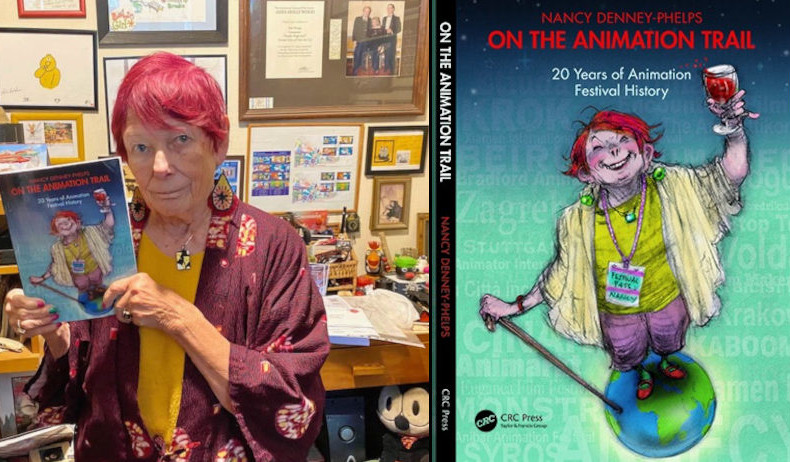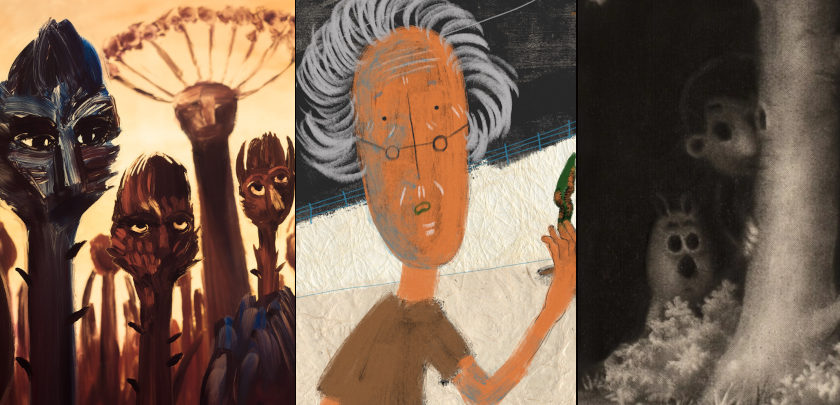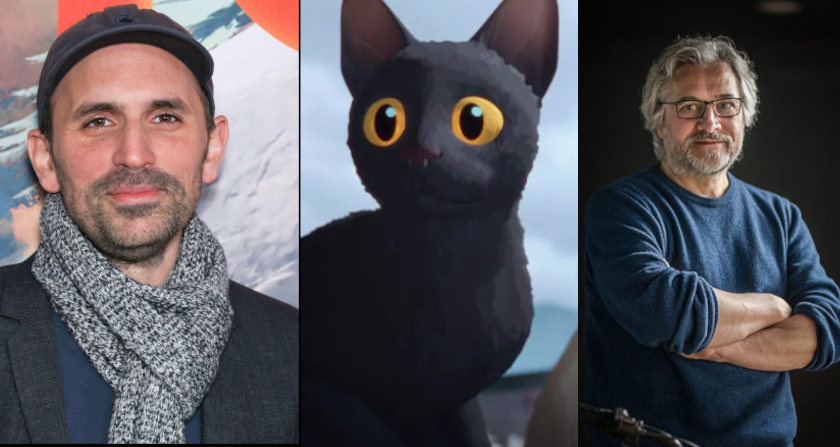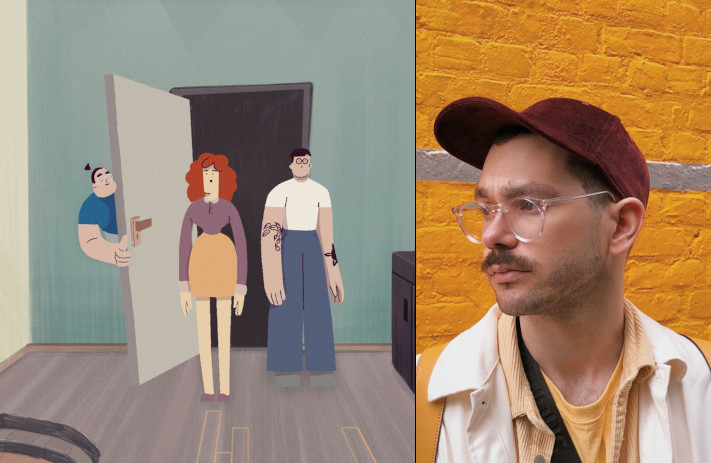La Poudrière According to Annick Teninge
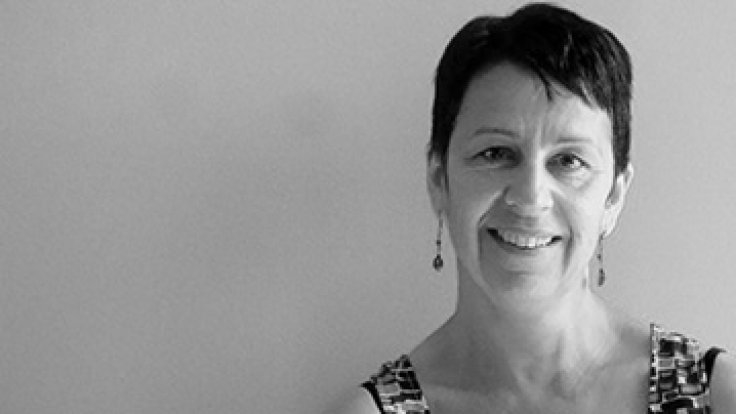
In 2019, La Poudrière turned 20 years and received several celebrations (here you can watch her interview during last Cannes edition), including a special commemorative session at Cinanima Festival, in Espinho. Then, I had the opportunity to talk with Annick Teninge, the principal of this French animation school founded by Jacques-Rémy Girerd, director and founder of the Folimage studio.
“A FILM SCHOOL. Situated in Valence, France, La Poudrière offers courses in animated film directing to both students and film industry professionals who would like to specialize in film directing, from scriptwriting to mixing, including directing actors, music, sound and editing.
The main course is a 2-year course on film-directing aimed at people who have already studied animation or who have some hands-on experience in this field. Around ten international students and industry trainees are accepted onto the course each year. The course program mostly revolves around the completion of projects and exercises, working individually or in a team. Film directing is taught through a variety of film formats: short films, commissioned films (including trailers)...
La Poudrière also offers short courses on scriptwriting and direction aiming to establish a truly collaborative approach between different artists - writers, illustrators and film directors, as well as composers, right from the ‘drawing board’ phase of the project.
Scriptwriting and concept development: La Poudrière is one of the training supported by the Europe Creative MEDIA programme of the European Union. Thanks to this funding specific to Europe, La Poudrière offers a 3-month module devoted to scriptwriting; concept development, open to European graduate students and professionals. The course is made up of developing audiovisual projects (TV specials and TV series), adapted from literary works. This 11-week training program is run in partnership with The Animation Workshop in Viborg, Denmark. It includes a week’s participation in the Annecy International Animation Film Festival and MIFA.
The Poudrière 20th anniversary film program presents a selection of 22 students’ works: one-minute films and graduation films, from 2005 to 2018.
Annick Teninge, La Poudrière director”
(source: Cinanima 2019 Catalogue, p. 100)
ZF - I would like to know a little about your impression of La Poudrière during the time that you are in charge of the school. How it was before, which were the goals, and if did the school get them fully achieved?
AT - The school was created by a filmmaker, Jacques-Rémy Girerd (from Folimage). From the beginning, the idea was to help people to go from animating to film directing, and really learn it professionally. So, I think that it was the goal then, and it is still the same goal. We have adjusted a few things over these years, it is: first it was really focusing on short films and we still do that because it's the best format to learn about every aspect of film-making. When you can make a short film, you can spend time on the script, storyboard, the sound editing, because in one year you can spend time with every aspect of the film. We still do that, but now, we also have the students work on other formats.
So, on one side we have shorter formats, like one minute and now we make 20-second films, and even one-second films sometimes, just for fun, to make it more creative. And on another side, we work on audio-visual television formats, like TV series or TV specials, which is very different because you have to work a lot on concepts. Concepts of story, characters, situations, in order to be able to develop many, many episodes. So, it is a very different way of thinking from short films. I think we have a very good balance now, with working on all these different formats. Therefore, after school, they are able to work in the industry, on many things. They can make short films, they can work on TV series, on feature films, in publicity. So, I think you acquire more skills to work with many formats.
ZF - And now, which are La Poudrière objectives, due to the technological changes that started when the school was created? Have they changed?
AT - Yes and no: We’ve made new things like adding new formats. However, we still want to keep focused on the core of the film directing, and how to tell stories. And this not impacted by technology. So, I think that it did not change a lot, and technology does not affect us. However, when the students arrive at the school, they are now very different because there are able to use all these software and new technology. They love to mix techniques and learn these things very fast. This is nice, but in the end, what do you want is to teach them how they're going to tell their stories. So, I don't think that technology is making a big difference.
ZF - Changing a little: within the gender equality context, what you think (as a woman) of being in charge of a training institution in the animation field, for so long and having a work of great quality?
AT - I've never thought of that (laughs). I mean, for me, I'm not talking about the industry. In general, I think there are some problems with the industry for women trying to get responsibilities. However, when we get students in the school, for me they are young people who want to learn skills to make films. So, I never thought of the differences between men or women, and overall we have almost the average men and women, but sometimes with 70% of women, sometimes more men, I do not think of that. What I like is that when people see some of our students films - and there was one in the program called “Sans Dessous Dessus”/ “Toplesses-Turvey” (2006); it is about a guy in the office where a naked man shows up - and many people think that was a man who made this film, but it was made by a woman. I like that a lot because I think when you tell a story, you should not be to focus on this gender difference.

ZF - Did you never feel any difference?
AT - No.
ZF - Yeah, good for you! (laughs)
AT - (laughs) ... but I think that happens because I just focus on how we are going to help students to better develop their skills. We are a small school, a private one. We have a lot of public funding, but we are very independent in the way to run the school so I don't think I have had issues for being a woman.
ZF - Within the technological context we live in, and according to your point of view, which are the fundamental qualities for the development of a good animator?
AT - I prefer the term “filmmaker”. I think the students must have a strong visual style. This is the first thing because it is animation. It is different from live-action. In live-action, if you have a strong view of the story, then you can use actors, and existing things, backgrounds, ... it's really all about storytelling. The animation is storytelling, but if you do not have a visual style, it can just be a boring animation. It is very difficult to create emotions from sketches, from drawings because you do not have human beings, you do not have the eyes. So, I think that visual style is the most important.
Then, you can learn about, not to have a good imagination, but how to be creative having ideas. And there are technical skills in it: how you write a story, how you build the story, how you make sure that the audience will understand what you express, this is what we try to teach, but we cannot teach creativity or how having a visual style.
ZF - Is there any short animation that you would like that have been made by some ex-student from La Poudrière?
AT - I don't know. I'm always surprised when the students come up with ideas for their graduation films and what they are going to do. I like that. When I started in animation, a long time ago, I was lucky because it was a very different time with very few creative filmmakers all over the world, and it was much easier to discover all this creativity and diversity. So, I was very much impressed by very different people, like Igor Kovalyov, Phill Mulloy, Koji Yamamura... they are like Masters for me. However, I'm very impressed by what people are doing now, too.
Films from La Poudrière “are regularly broadcast on television and in film festivals and the school has already scooped 133 awards, including 3 for ‘Best school’, two selections at Cannes and a nomination for the Césars for Benjamin Renner. Benjamin then received two César for ‘Best Animated Film’ for Ernest et Célestine (2013) and Le Grand Méchant Renard (2018). Lucrèce Andréae received the César 2018 for ‘Best Short Animated Film’ for her first movie Grandpa Walrus /Pépé le morse” (source: LaPoudrière.fr).
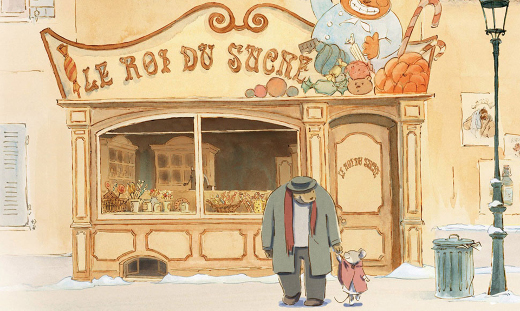
Annick Teninge started in animation in 1990 as deputy director of the Annecy Festival. In 1996, she moved to Los Angeles to found the Animation World Network (AWN.com) website, working as a general manager for 5 years. In 2001 she returned to France to work at the La Poudrière School of Animation, in Valence, supervising the production and distribution of students' films. Three years later, Annick Teninge assumed the position of director of La Poudrière.
The School Website




